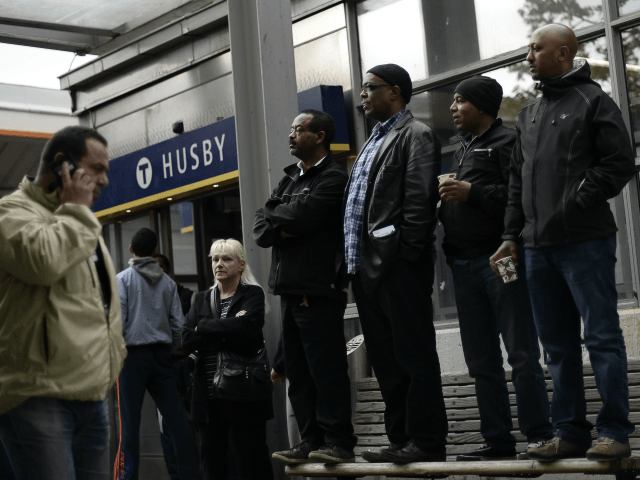The Swedish government is set to spend eight million Krona (£700,000) on initiatives to encourage residents from migrant backgrounds to vote in the national election.
The Swedish Youth and Civil Affairs Agency (MUCF) has announced they will be funding around 20 organisations and associations to increase the voter turnout in areas like the heavily migrant-populated Stockholm no-go suburb of Rinkeby, broadcaster Sveriges Radio reports.
“The election participation is extremely low in Rinkeby. We will gather people through workshops, education initiatives and show the benefits of voting in an election,” said Jörgen Strandberg, who heads a local Rinkeby association that is receiving funds from the programme.
“One idea we have is to hire ten young people for four weeks this summer. The first week will go to educate young people about what the election means. Then the volunteers are supposed to go door-to-door together with responsible adults,” Strandberg added.
Many foreign-born residents in Sweden abstain from voting according to Dahir Jeyte, a resident of one of the capital’s migrant-heavy suburbs. “It depends on different things. Some do not have the knowledge of how to vote. Society needs to encourage these people and explain that it is important to vote,” he said.
While many migrants may not be voting, they are still wielding influencing over Swedish culture and its laws in other ways. In the city of Växjö, Muslims requested the ability to publicly broadcast the Islamic call to prayer.
They were supported not only by the local Church of Sweden Archbishop but now one of the country’s largest newspapers, Dagens Nyheter, has released an editorial that argues Muslims should be allowed to broadcast their calls to prayer as refusing to allow them would be uncivilised.
The legal system has also been challenged after a recent report showed two so-called lay judges using Sharia law principles in a case of domestic violence.
The pair of lay judges, who were appointed by the Centrist political party, let the accused man off in the case saying he was from a good family and that the woman plaintiff was not credible because she went to the police before speaking to her Muslim community.

COMMENTS
Please let us know if you're having issues with commenting.